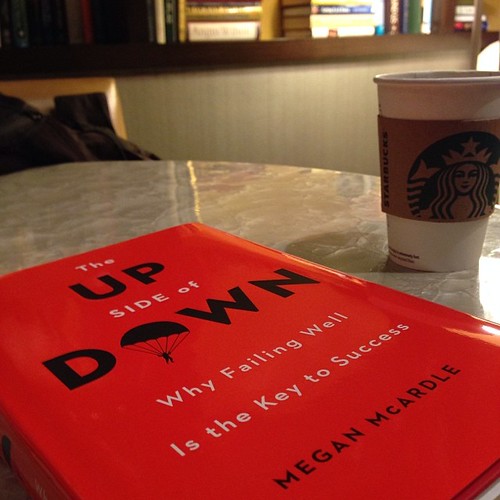Matt Mullenweg is a very dangerous man.
At the inaugural WordPress for Government and Enterprise meetup on May 6, the co-founder of WordPress & founder & CEO of Automattic, discussed the amazing journey of WordPress from a home-spun blogging tool to the world’s most successful enterprise content management platform.
Mullenweg believes in democracy. He believes in competition. He believes in open-source. All dangerous notions in Washington, DC, a city devoted to closed-systems, insider deals and imperial government.
WordPress is free. Government spends hundreds of millions of dollars on complicated content management systems that don’t work. “Why is the free thing better than what your agency spent $5 million on?” Mullenweg asked.
 For him, users drive software. They are always right. Users will decide whether WordPress survives or fails – and he accepts that. “You win because you’re the best,” he said.
For him, users drive software. They are always right. Users will decide whether WordPress survives or fails – and he accepts that. “You win because you’re the best,” he said.
I asked him how government could avoid debacles like healthcare.gov. He called for more transparency, imagining a world in which hackers could fix the doomed health care site and develop their own, better vision.
No one got fired for healthcare.gov. Why should they? The project managers at HHS followed all the policies and procedures for government procurement and contract management. You can’t blame the contractors either – they were just doing what the feds told them to do, as crazy as it must’ve seemed at the time. Healthcare.gov was built according to all the regulations and was a $1 billion failure.
The world is moving in Mullenweg’s direction. We, as consumers, pick winners and losers – not the government. Yet, we have a federal bureaucracy designed for the 1930s.
Walter Russell Mead calls this “the blue model“. He writes:
The core institutions, ideas and expectations that shaped American life for the sixty years after the New Deal don’t work anymore. The gaps between the social system we inhabit and the one we now need are becoming so wide that we can no longer paper over them. But even as the failures of the old system become more inescapable and more damaging, our national discourse remains stuck in a bygone age. The end is here, but we can’t quite take it in.
Big Government doesn’t work in a world that’s become small, dynamic and user-driven. For example, Mullenweg works with a distributed team that gets together once a year. He doesn’t even know what some of his employees look like. In contrast, government spends millions on buildings it doesn’t use and struggles with implementing even the most basic of telecommuting policies.
Working in government, I have an old Dell wired to an ethernet jack. We don’t even have a working copier. Office supplies are locked away. Wi-fi is forbidden.
At home, I have a MacBook Pro, wi-fi, WordPress, a digital camera, Dropbox, an iPad and a host of other tools – as well as better coffee. The consumer market provides me better tools than a billion-dollar bureaucracy.
If government is to survive, it must be reformed. We can no longer afford a massive, unresponsive federal state that’s tied down by endless rules and regulations.
Government must become responsive to citizens. It must adopt the WordPress model that users are always right. Citizens pay for government and they deserve better.
If government does not reform, debacles like healthcare.gov are not only likely – they are inevitable.
Governments like China fear WordPress for the openness and free expression it provides. The American government should fear it too. WordPress demonstrates a new, more democratic and more user-driven way of working together. It’s impossible to go back to the blue model. Matt Mullenweg is a very dangerous man.


 McArdle’s career illustrates this principle. An MBA who was jobless following 9/11, she (among other activities) started blogging, which led to positions at The Economist, the Atlantic and
McArdle’s career illustrates this principle. An MBA who was jobless following 9/11, she (among other activities) started blogging, which led to positions at The Economist, the Atlantic and 

